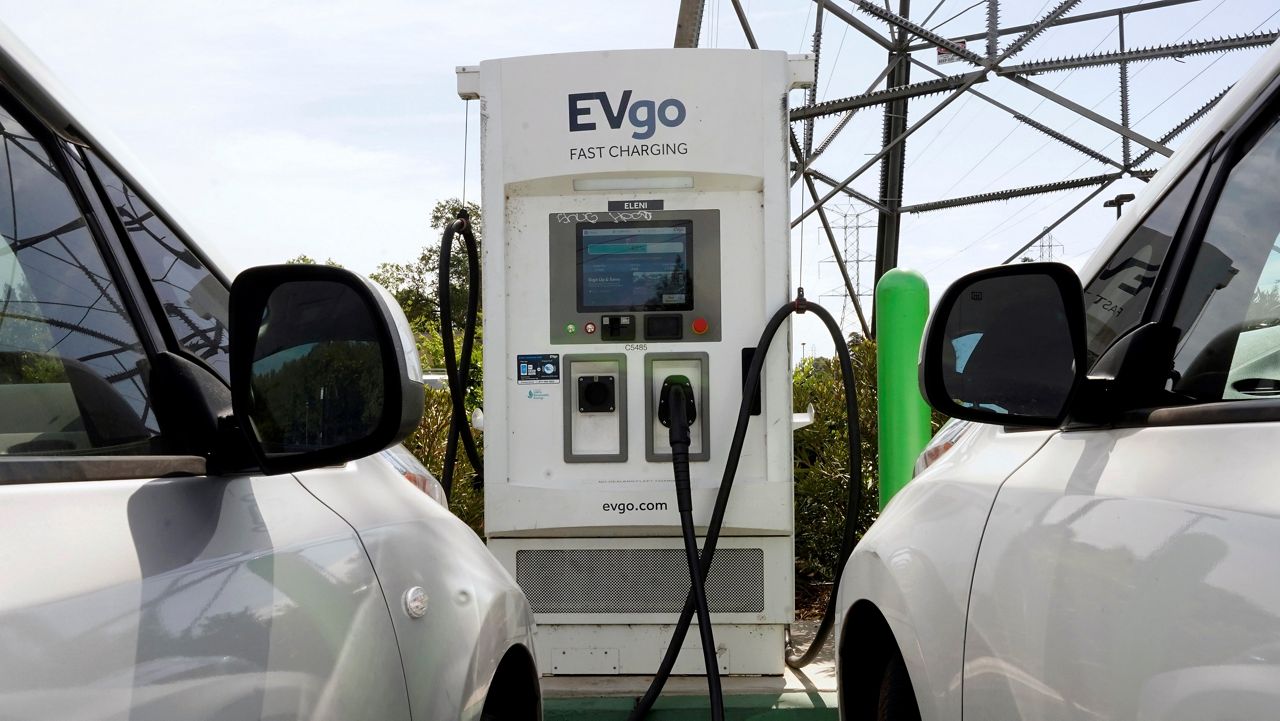NEW YORK — Gov. Kathy Hochul has asked Con Edison to review its billing practices in light of the shock many New Yorkers experienced when they received their electric bills for last month.
A surge in energy supply costs, coupled with higher energy use in January, “led to bill increases for most customers," the utility company said in an email sent out Friday.
In a press release, Hochul said her administration sent its own letter to Con Edison in response to the surge in charges.
What You Need To Know
- Gov. Kathy Hochul has asked Con Edison to review its billing practices
- Her request came as the utility company warned customers that they might see bill increases due to a surge in energy supply costs, coupled with higher energy use in January
- “The extreme utility bill increases we are seeing across the state come at a time when New Yorkers are already struggling financially following the COVID-19 pandemic,” Hochul said
- A release Hochul sent out also urged Con Edison to “better communicate with New Yorkers” about price increases
“The extreme utility bill increases we are seeing across the state come at a time when New Yorkers are already struggling financially following the COVID-19 pandemic,” the governor said in a statement on Friday.
“Even though the spikes we are seeing in electricity, natural gas and fuel prices were predicted and are due to severe winter weather, I am calling on Con Ed to review their billing practices, because we must take unified action to provide relief for New Yorkers, especially our most vulnerable residents,” she added.
Rick White, the owner of the Bier and Cheese Collective on Ditmards Boulevard in Queens, said Friday that he was outraged when he opened his January Con Edison statement.
That's because his bill was just under $1,700. Compared to December, when he paid a little over $1,000 for his gas and electric.
According to his statement, White's business used less energy this month, but still was charged over 50% more.
White said he got no warning of an increase in his bill. But on Friday, Con Ed Customers who did not yet receive their January statement received an email warning users their bill "may be higher than usual" because "energy supply costs vary."
"It is hard. It is really hard. Our costs across the board, every aspect of our business, and to think Con Ed is ripping us off, or at least is doing it in an irresponsible way,” White said.
State Senator Michael Gianaris and other elected leaders are asking the New York State Public Service Commission to investigate the recent spike in supply costs for Con Ed customers.
"There are a lot of questions to be asked,” Gianaris said. “What are their contracts with suppliers? What projections do those contracts have for consumers to level out increases like this and deal with the volatility of the market place?”
While those questions are being asked, White said he still has to pay his bill.
Con Edison said it is reviewing all of its practices that affect energy supply cost and its impact on customers. The energy company said it is also reviewing existing programs that help customers who have fallen behind on their bills.
If you’re facing high utility bills and struggling to heat your home, New York State is here to help. We’ve allocated hundreds of millions of dollars to help New Yorkers stay safe and warm this winter. Learn more: https://t.co/cj7cqtiAbw
— Kathy Hochul (@GovKathyHochul) February 11, 2022
Hochul on Friday attributed increased supply charges to the rising cost of natural gas.
“These bill increases are being driven by a global increase in natural gas commodity prices due to higher domestic usage because of colder-than-normal weather, increased economic activity and increased international demand for natural gas,” the governor said in her release.
The release also urged Con Edison to “better communicate with New Yorkers” about the price increases.
In November, Hochul’s office launched a campaign to highlight some of the assistance programs that are available to New York state residents struggling to pay their heating and utility bills, the release noted.








